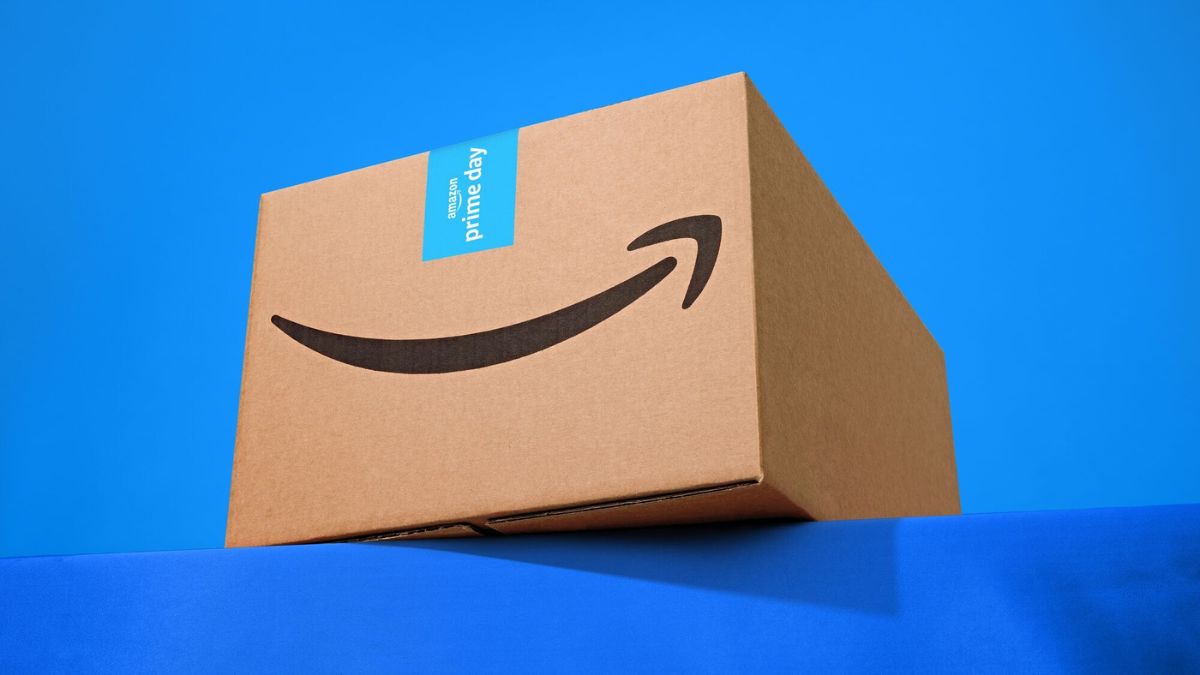
Amazon released its financial results for the second quarter of 2025, surpassing analysts’ expectations. The company reported revenues of $167.7 billion and earnings per share of $1.68, comfortably beating Wall Street estimates. Despite these strong numbers, the market reacted negatively: Amazon shares fell 7% in after-hours trading.
Initial excitement over sales growth was overshadowed by conservative guidance for the third quarter, where Amazon anticipates operating income in the range of $15.5 to $20.5 billion, below the average expectation of $19.41 billion. This forecast was seen as a sign of a slowdown, heightening investor concerns.
ALSO READ. Apple shatters expectations with its financial results: iPhone drives record revenue
What factors are driving skepticism about Amazon?
The performance of Amazon Web Services (AWS), historically the company’s profit engine, was a key concern. Although AWS grew revenue by 17.5% year-over-year, it lagged behind its competitors. Microsoft Azure grew 39% and Google Cloud 32%, a contrast that didn’t go unnoticed by the market.
In addition, Amazon’s increased capital expenditures — which this quarter totaled $31.4 billion, surpassing its rivals — were not received positively. Unlike Microsoft and Alphabet, whose AI infrastructure investments have begun delivering tangible results, there’s a growing sense that Amazon’s bets on artificial intelligence have yet to pay off.
This context has led to a decline in AWS’s operating margins. In Q2, AWS’s margin dropped to 32.9%, its lowest level since late 2023, fueling the perception that Amazon is sacrificing profitability without a clear short-term return.
ALSO READ. Microsoft reports record earnings in 2025 thanks to artificial intelligence
Is Amazon falling behind in the AI race?
Amazon CEO Andy Jassy directly addressed concerns about the company’s ability to compete in the field of artificial intelligence. In his remarks, Jassy emphasized that Amazon is still in the early stages of this technological transformation but pointed to the size and scale of its cloud business as a long-term strategic advantage.
Jassy also highlighted that Alexa+, the new AI-powered version of its voice assistant, is significantly more advanced than its competitors. According to the CEO, Alexa+ doesn’t just answer questions—it performs complex tasks like controlling smart home devices, managing music, and automating routines. Despite delays, Amazon is confident that its AI ecosystem (including the Kuiper Project satellite initiative) will strengthen its position in the coming years.
How are Trump’s tariffs affecting Amazon?
One of the key topics during the presentation was the development of the Kuiper Project, Amazon’s initiative to provide broadband satellite internet. Jassy acknowledged that this effort is, in essence, direct competition with Starlink, Elon Musk’s service. However, he asserted that Amazon can differentiate itself through its network of enterprise and government clients, as well as its focus on offering more competitive pricing.
Regarding the new tariffs imposed by the Trump administration on several regions (including the EU, Brazil, Canada, and India), Jassy downplayed their impact on Amazon’s operations during the first half of the year. According to his statements, the company hasn’t observed a significant drop in demand or sharp price increases. Nevertheless, he admitted that the outlook could change if suppliers and manufacturers begin passing those costs on to consumers in the medium term.










